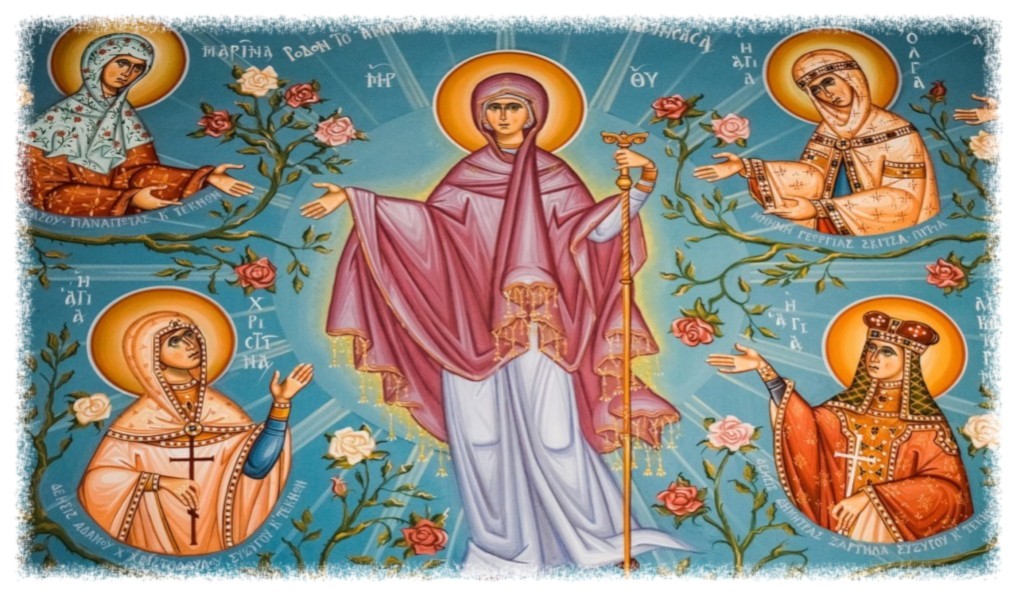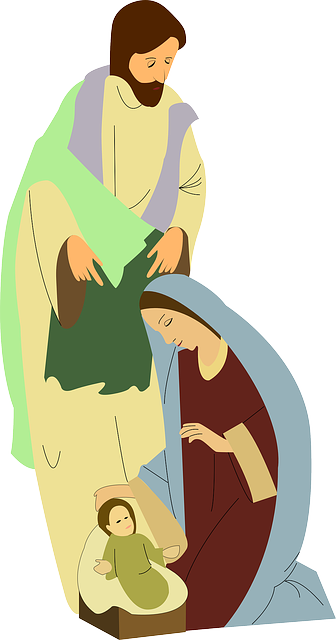The idea of the mother of Jesus being a perpetual virgin is a cornerstone in the Catholic church. It is supported by rather slim evidence and is not biblically sound. A supposed historical document which supports the teaching of Mary’s perpetual virginity is the Protoevangelium of James, which was written probably less than sixty years after the conclusion of Mary’s earthly life (around A.D. 120), when memories of her life were still vivid in the minds of many.

To begin with, the Protoevangelium records that when Mary’s birth was prophesied, her mother, St. Anne, vowed that she would devote the child to the service of the Lord, as Samuel had been by his mother (1 Sam. 1:11). Mary would thus serve the Lord at the Temple, as women had for centuries (1 Sam. 2:22), and as Anna the prophetess did at the time of Jesus’ birth (Luke 2:36–37). A life of continual, devoted service to the Lord at the Temple meant that Mary would not be able to live the ordinary life of a child-rearing mother. Rather, she was vowed to a life of perpetual virginity.
—Mary: Ever Virgin
However, due to considerations of ceremonial cleanliness, it was eventually necessary for Mary, a consecrated “virgin of the Lord,” to have a guardian or protector who would respect her vow of virginity. Thus, according to the Protoevangelium, Joseph, an elderly widower who already had children, was chosen to be her spouse.
Definition of protevangelium
: a messianic interpretation of a text (as Gen 3:15 RSV) presaging man’s ultimate triumph over sin through a coming Savior —used as the first anticipation of the gospel
Since the source is not from the Bible, it is not supported outside the Catholic Church and is considered more of a tradition than a biblical fact.
If you consult the Bible, it is plain to see that the only time that Joseph did not have sex with his wife was during the time before and during her pregnancy. Take a look at this scripture:

The Birth of Jesus
18-19 The birth of Jesus took place like this. His mother, Mary, was engaged to be married to Joseph. Before they came to the marriage bed, Joseph discovered she was pregnant. (It was by the Holy Spirit, but he didn’t know that.) Joseph, chagrined but noble, determined to take care of things quietly so Mary would not be disgraced.
20-23 While he was trying to figure a way out, he had a dream. God’s angel spoke in the dream: “Joseph, son of David, don’t hesitate to get married. Mary’s pregnancy is Spirit-conceived. God’s Holy Spirit has made her pregnant. She will bring a son to birth, and when she does, you, Joseph, will name him Jesus—‘God saves’—because he will save his people from their sins.” This would bring the prophet’s embryonic sermon to full term:
Watch for this—a virgin will get pregnant and bear a son;
They will name him Immanuel (Hebrew for “God is with us”).
24-25 Then Joseph woke up. He did exactly what God’s angel commanded in the dream: He married Mary. But he did not consummate the marriage until she had the baby. He named the baby Jesus.
The Message (MSG)Copyright © 1993, 1994, 1995, 1996, 2000, 2001, 2002 by Eugene H. Peterson
Here you can see that the writer of the Gospel states clearly that they consummated the marriage after the baby was born, thus the idea that she was a perpetual virgin is out the window. Some might think that there is a major gap between the two writings, but then nothing is certain about the exact or legitimacy of the authorships of either.
The whole idea that Joseph would never bed his wife is absurd, to say the least. Matthew seems to agree with this. And later on, when you read of brothers of Jesus, you see that he did have some and not just from Joseph’s previous marriage.
Just some food for thought as we enter the Christmas holiday.
